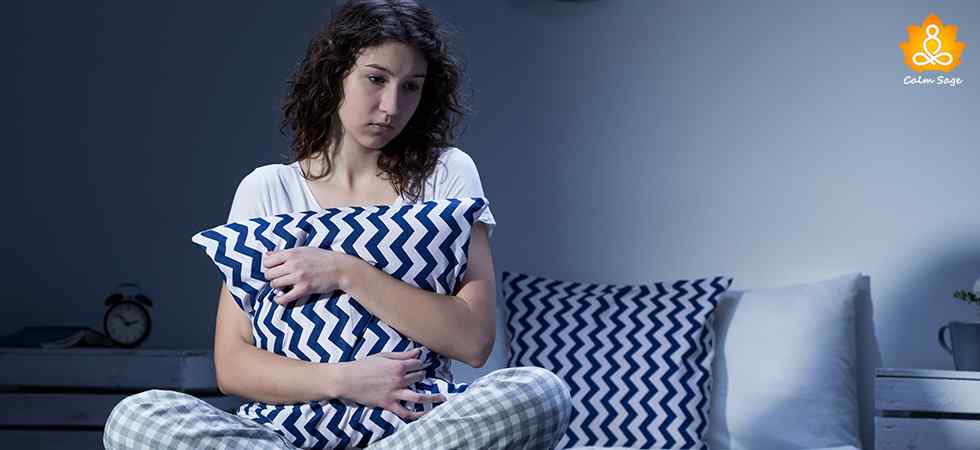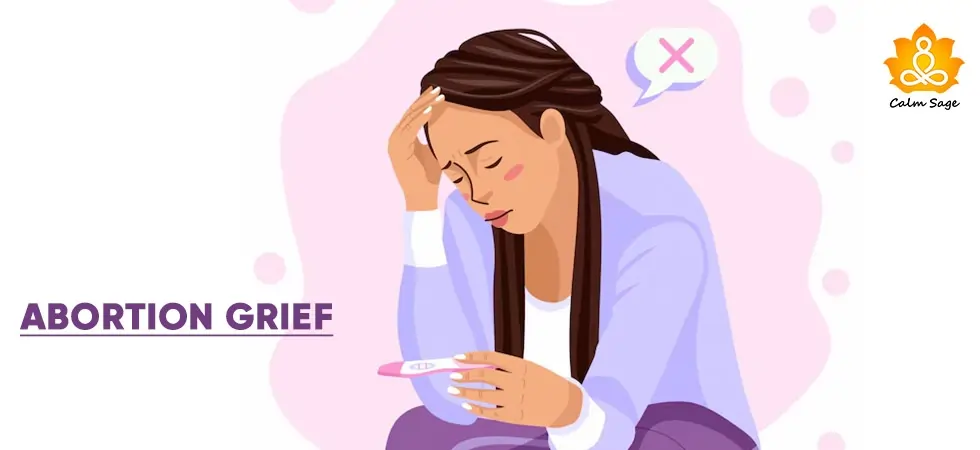Exploring The Surprising Link Between Sleep Apnea and Depression

If you’ve struggled with sleep, then you’re no stranger to daytime fatigue and sleepiness. Not getting enough sleep or sleeping too much is one of the most common conditions that almost everyone in this day and age struggles with. So it won’t come as a surprise when I tell you that sleep troubles can be associated with depression. Most commonly – sleep apnea.
Sleep apnea and depression are two of the most common health conditions that might seem totally unrelated but are interconnected. One condition affects our nightly rest and breathing patterns while the other one disrupts our emotional and mental well-being. Surprisingly, there is growing research that seems to suggest a strong link between sleep apnea and depression.
So, let’s explore what the link is between these two seemingly unrelated conditions, what symptoms connect them, and how you can go about treating sleep apnea and depression.
Understanding Sleep Apnea And Depression

Sleep apnea is a sleep disorder that can be characterized by irregular breathing patterns during sleep. Sleep apnea has two types; obstructive sleep apnea and central sleep apnea. Obstructive sleep apnea is the most common type of sleep apnea and occurs when the muscles in the throat relax excessively, causing a blockage in the airway, albeit temporarily.
Central sleep apnea results from a failure of the brain to transmit proper signals to the muscles responsible for proper and controlled breathing.
Sleep apnea symptoms can include;
- Loud snoring
- Pauses in breathing during sleep
- Gasping during sleep
- Waking up frequently during the night
- Daytime sleepiness
- Fatigue in the day
- Poor concentration
- Headaches in the morning
- Irritability and severe mood swings
Depression, on the other hand, is a mood disorder that can be characterized by persistent feelings of sadness, hopelessness, and lack of interest in activities you previously enjoyed. This disorder can influence how you think, feel, and behave and can have severe emotional, mental, and physical health consequences.
Symptoms of depression can include;
- Constant feelings of sadness or emptiness
- Loss of interest in activities
- Changes in sleep habits
- Changes in eating habits
- Sleep troubles such as insomnia and hypersomnia
- Fatigue during the day
- Low energy levels
- Feelings of worthlessness
- Poor concentration
- Thoughts of suicide or self-harm
Sleep Apnea and Depression: What’s The Link?
Recent studies have suggested a concerning link between sleep apnea and depression. People with unaddressed sleep apnea could be at a higher risk of developing depression and likewise, people diagnosed with depression may be more prone to sleep disorders such as sleep apnea.
Sleep apnea causes a drop in blood oxygen levels, which can affect brain function and mood regulation. Also, the constant waking up during the night and poor sleep quality that is associated with sleep apnea can result in sleep deprivation, one of the contributing factors to depression and depressive disorders.
There have also been studies that suggest that people with insomnia have a higher chance of developing depression and related mood disorders. However, it’s not clear if sleep apnea is solely the cause of depression or if depression is the sole factor of sleep apnea.
Depression symptoms such as sadness and worthlessness can make it harder for you to get good quality sleep and this, in turn, can influence your behaviors, thoughts, and emotions during the day, causing anxiety as well.
If you have depression or anxiety, then you may also find it harder to get treatment and cope with the stress you might face in your everyday life. You may cope with the stress through unhealthy means such as alcohol, un-prescribed medications, or other drugs. This can make your mental health and sleep disorders worse.
Sleep apnea and depression can also be interconnected through some of their mutual symptoms. This overlapping of symptoms can also make it harder for it to tell which disorder is causing which symptoms.
Some of the common symptoms these two disorders share can include;
- Daytime sleepiness
- Fatigue during the day
- Irritability
- Mood swings
- Poor concentration
The Mental Health Effects of Sleep Apnea
If left unaddressed and untreated, sleep apnea can affect your mental health and worsen conditions and disorders such as;
- Depression
- Anxiety
- Mood
- Cognitive functions
- Quality of life
- Dementia
- Heart diseases
- Diabetes
- High blood pressure, and
- Cancer
Treatment Options For Depression-Related Sleep Apnea

There are treatment options for depression-related sleep apnea. Some of the common treatment approaches that can be used to treat these conditions include;
-
Continuous Positive Airway Pressure (CPAP) Therapy:
CPAP therapy is one of the most recommended treatments for sleep apnea, including depression-related sleep apnea. A CPAP machine is used to provide constant air through a mask to keep the airway unobstructed during sleep. Using CPAP can improve sleep quality, reduce sleep apnea symptoms, and reduce the risk of sleep deprivation.
-
Therapy for Depression:
Another way to manage depression-related sleep apnea is to manage depression. Therapy, medication, or a combination of both can be used to treat and manage depression symptoms. Psychotherapy such as cognitive-behavioral therapy (CBT) or interpersonal therapy (IPT) for depression are the most commonly recommended treatment approaches. In some severe cases, a psychiatrist can prescribe antidepressants to help control and ease the symptoms of depression and by extension, sleep disorder.
-
Changes in Lifestyle:
Lifestyle changes can be a complement to treatment and can help improve overall health and well-being. You can engage in regular exercise to reduce symptoms of depression, eat a well-balanced diet to reduce the severity of sleep apnea and depression and avoid substances such as alcohol and sedatives before bed.
-
Joining Support Groups:
You can also consider joining support groups for people with sleep apnea and depression to get emotional support and a sense of community. When you share experiences or listen to others’ experiences, it can help you learn other coping strategies from people who are going through or have been through similar challenges.
-
Learning About Sleep Apnea and Depression:
You can also take some time to understand and learn more about sleep apnea and depression. Knowing more about these disorders can empower you to take an active role in treatment and recovery. Knowledge about lifestyle changes, treatment plans, and other relevant information can help you address depression-related sleep apnea and recover properly.
Wrap up…
The relationship between sleep apnea and depression is a growing concern. While the exact causes or factors that link these two disorders are still unknown, it’s clear that there is some overlap in the symptoms of sleep apnea and depression. By addressing sleep apnea, you can learn to reduce the symptoms and effects of depression.
If you or your loved one is struggling with a sleep disorder or is experiencing symptoms of sleep apnea or depression, then it is recommended you speak to a professional for a correct diagnosis and treatment.
The right diagnosis and the right help can help you manage the symptoms of depression-related sleep apnea and all that come with these two disorders.
Was this article helpful to you? Let me know what you think about the link between sleep apnea and depression in the comments below.
Take Care!




















